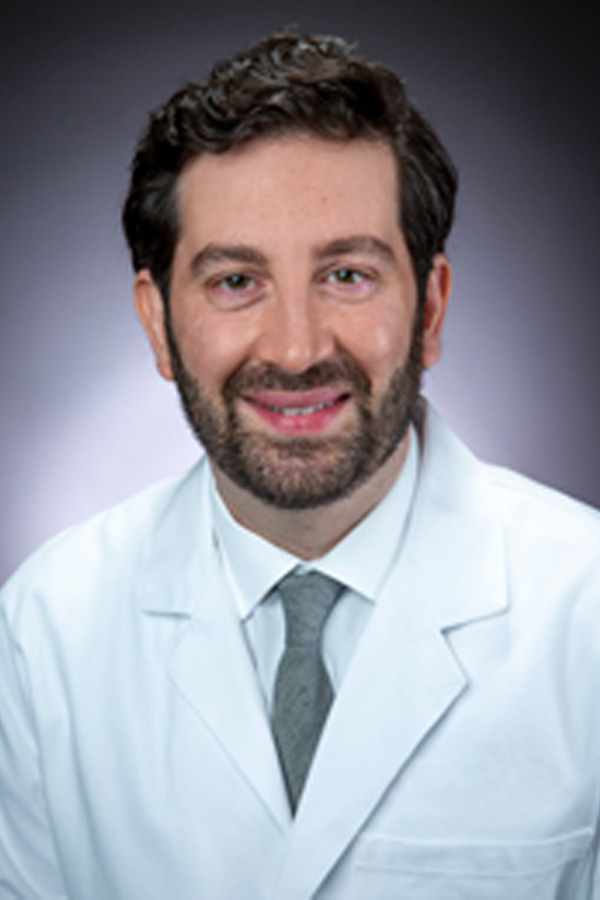As providers at Georgia Heart Institute, it’s only natural that we write a lot about ways to boost your heart health. But in recognition of Stroke Awareness Month this May, we also have a few suggestions for preventing stroke.
And the good news? Stroke and heart disease share many risk factors, so you can take steps that help you prevent both conditions at the same time!
It’s interesting to consider what the two conditions have in common. While they work very differently and affect different parts of the body, there are still some similarities.
The most common form of heart disease, called coronary artery disease, causes plaque to build up in the arteries, negatively impacting blood flow to the heart. Stroke occurs for similar reasons—a stroke occurs when the blood flow to the brain is blocked.
So, how can you keep plaque from building up in your body and blocking blood flow to either your brain or your heart? Read on to get the facts!
Risk Factors for Heart Disease and Stroke
If you do a little research into factors that increase your risk of heart health issues and stroke, you’ll find a lot of overlap. Your risk of both increases with each of these factors that you have:
- Diabetes
- Diet high in saturated fat and sodium
- Excess weight
- High blood pressure
- High cholesterol
- Sedentary lifestyle
- Smoking
In addition to these risk factors, there are also factors that you can’t change, including your age and family medical history.
How to Lower Your Risk of Heart Disease and Stroke
Because most risk factors for heart health issues and stroke are within your control, you can make lifestyle changes that lower your risk. Start here:
- Manage your health conditions.
If you have high blood pressure, high cholesterol, and/or diabetes, work with your medical provider to get your levels to a healthy range. Properly managing your blood pressure, cholesterol, and blood sugar can help you protect your heart and brain. - Don’t smoke.
If you already smoke, now’s the best time to quit. Smoking has a negative effect on the body’s blood vessels, which can damage them and contribute to heart disease or stroke. - Get moving.
Even if you aren’t a huge fan of exercise, it’s important to be physically active! A sedentary lifestyle increases the likelihood that you’ll be overweight or obese, which in turn increases your risk of both heart health issues and stroke. Aim for 30 minutes per day of moderate physical activity. - Watch what you eat.
Foods containing saturated fat and salt may taste delicious, but they don’t do your body any favors. Limit your intake of both, and instead, fill your plate with fruits and veggies, healthier fats, lean protein, and whole grains. You don’t have to deprive yourself—healthy foods can still taste great!
Structural Heart Procedures for Stroke Prevention
Atrial fibrillation (A-fib) is a relatively common irregular heart rhythm condition that can lead to blood clot formation in the heart and an increased risk of stroke. Blood thinners help reduce the risk of stroke in patients with atrial fibrillation. Patients who cannot tolerate blood thinners may be considered for a non-surgical structural heart procedure (Left Atrial Appendage Occlusion) that reduces their stroke risk by closing off the left atrial appendage without the need for lifelong anticoagulation therapy.
The Left Atrial Appendage Occlusion (LAAO) procedure involves inserting an implantable device into the left atrial appendage through catheters that are inserted into a vein in the leg. The device plugs off and seals the left atrial appendage to prevent future clot formation and hence stroke risk.
Structural Heart Center at Georgia Heart Institute
Did you know that Georgia Heart Institute has a specialized program devoted to structural heart treatments and procedures? Our team offers unparalleled expertise and unique care options for those who issues with the structure of their heart. Contact our Structural Heart Center at 770-219-5242 or learn more below!



